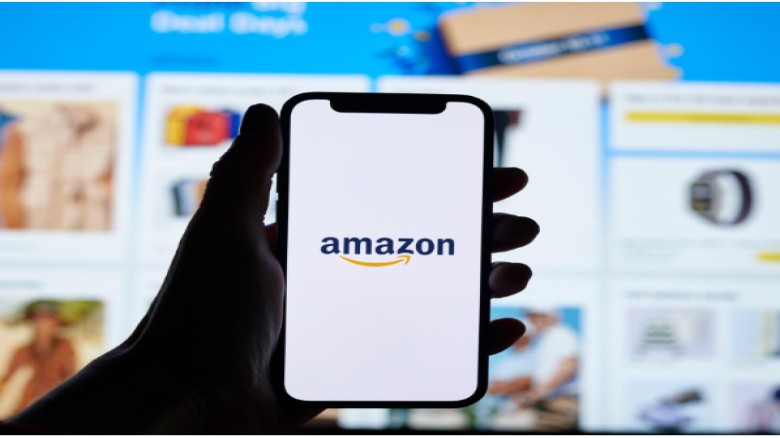Amazon enters quantum race with launch of Ocelot chip
Amazon has recently announced the release of its proprietary quantum processor, Ocelot, in the increasingly competitive quantum computing market.The tech behemoth now competes directly with cloud computing rivals Google, Microsoft, and others, all fighting for dominance in what many regard as the next technological frontier.
Amazon, well known for its e-commerce empire, has morphed into a cloud computing behemoth with Amazon Web Services, a business founded in 2006 that currently produces more than $100 billion each year.
With a market worth of more than $2 trillion, Amazon sees quantum computing as a disruptive possibility to drive AWS's next phase of growth.
According to Oskar Painter, head of quantum hardware at Amazon Web Services, there is a compelling financial justification for AWS or Amazon to enter the quantum computing space. "Quantum computing is very much in line with that sort of business model where you would have off-premise quantum computing resources that can be made accessible through the cloud."
Much of the excitement surrounding quantum computing originates from its long-term prospects. Although commercial applications are still years away, McKinsey predicts a market worth $173 billion by 2040.
Amazon has developed a new semiconductor in-house with a scalable architecture, reducing the need for quantum error correction by up to 90%. This addresses one of the most significant issues in quantum computing. Similarly, Google's Willow chip, launched in December, achieved significant advances in error reduction, indicating continuing development towards more reliable quantum machines.
Ocelot's chip employs "cat qubits," inspired by Schrödinger's cat thinking experiment. According to the business, this design inherently suppresses certain sorts of faults, which helps to reduce the amount of quantum error correction required.
"The heart of these quantum computing systems … it's really this quantum processor" according to Painter. "The details of how that happens is really what differentiates one hardware platform from another - and really is where the secret sauce is and where all the intellectual property is."
Munster identified quantum computing as a distinct and emergent pillar inside the AWS cloud business, implying that it should be treated as a standalone vertical—similar to AI or data storage—due to its growing strategic importance and commercial potential.
"In the end, it will probably be solved and monetised through one of these big cloud platforms," Munster told me. "And AWS has a great shot at being successful there."























Leave A Comment